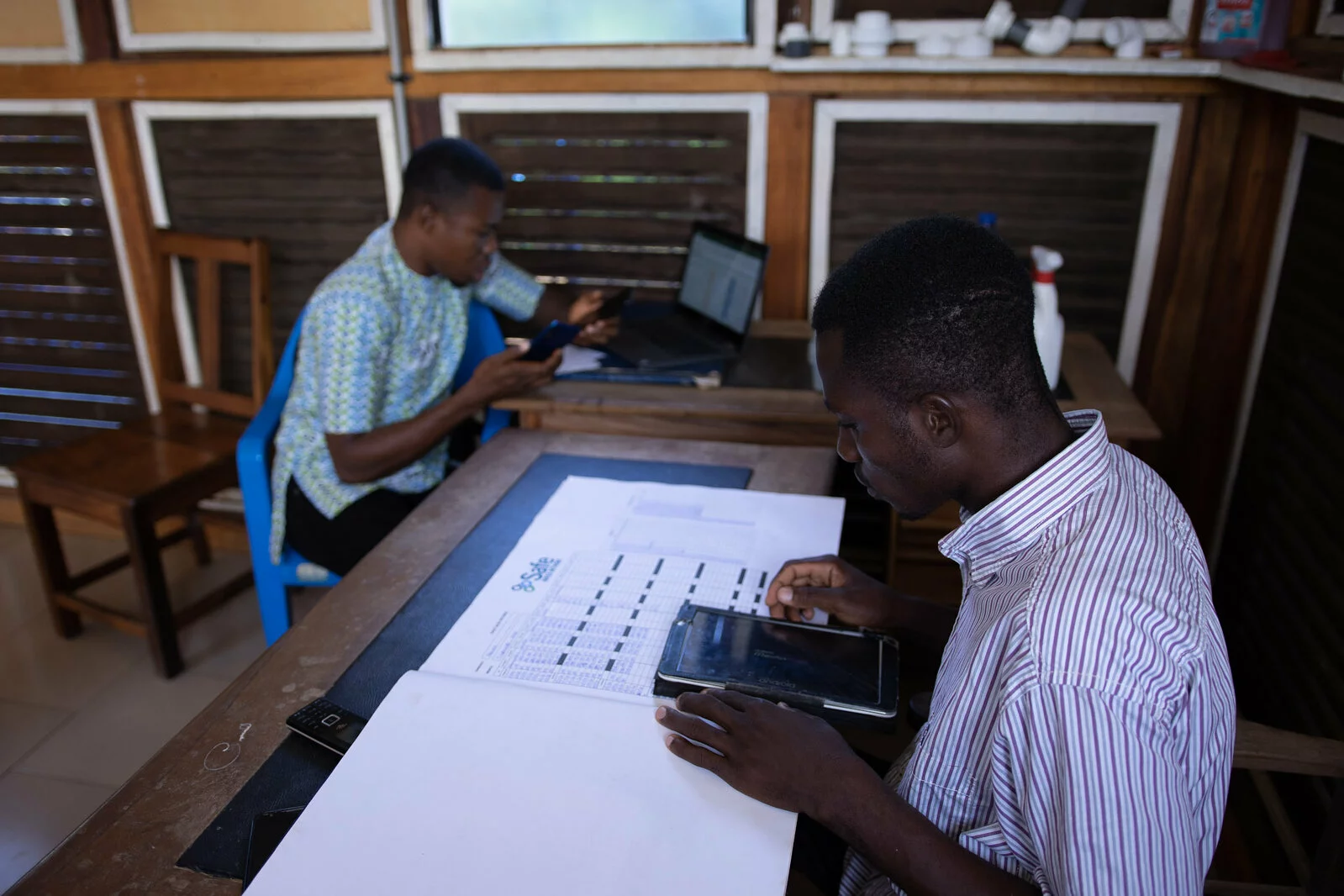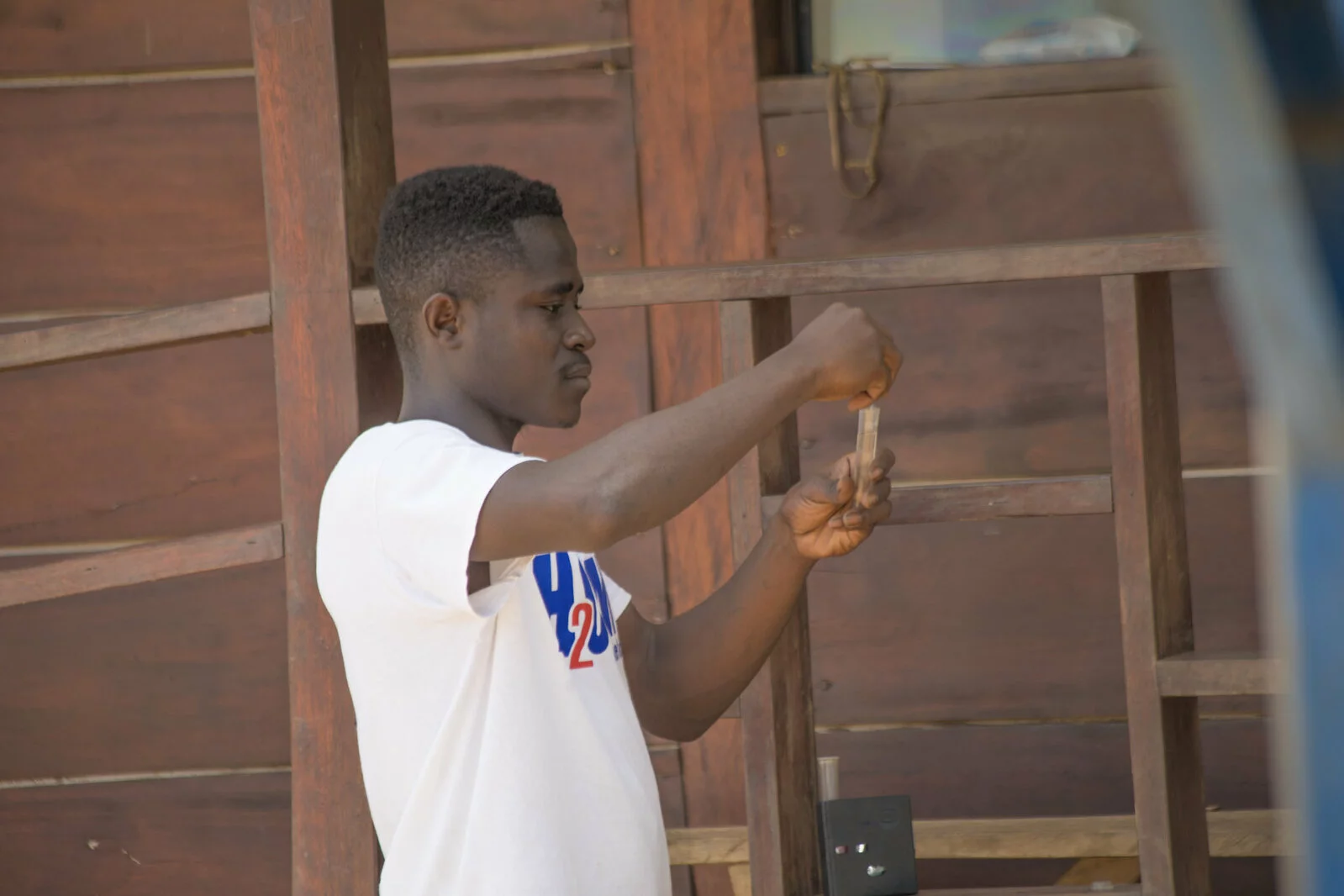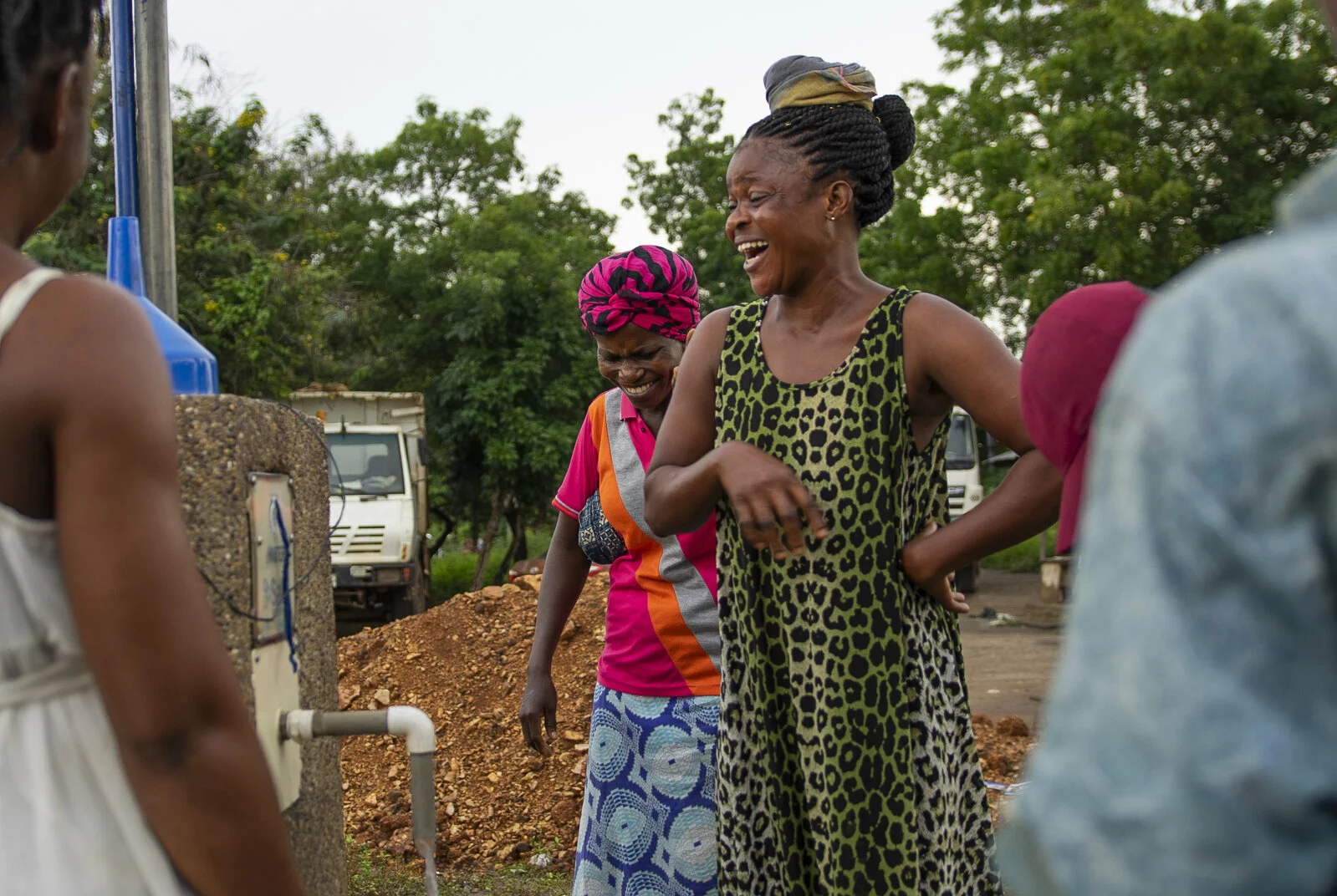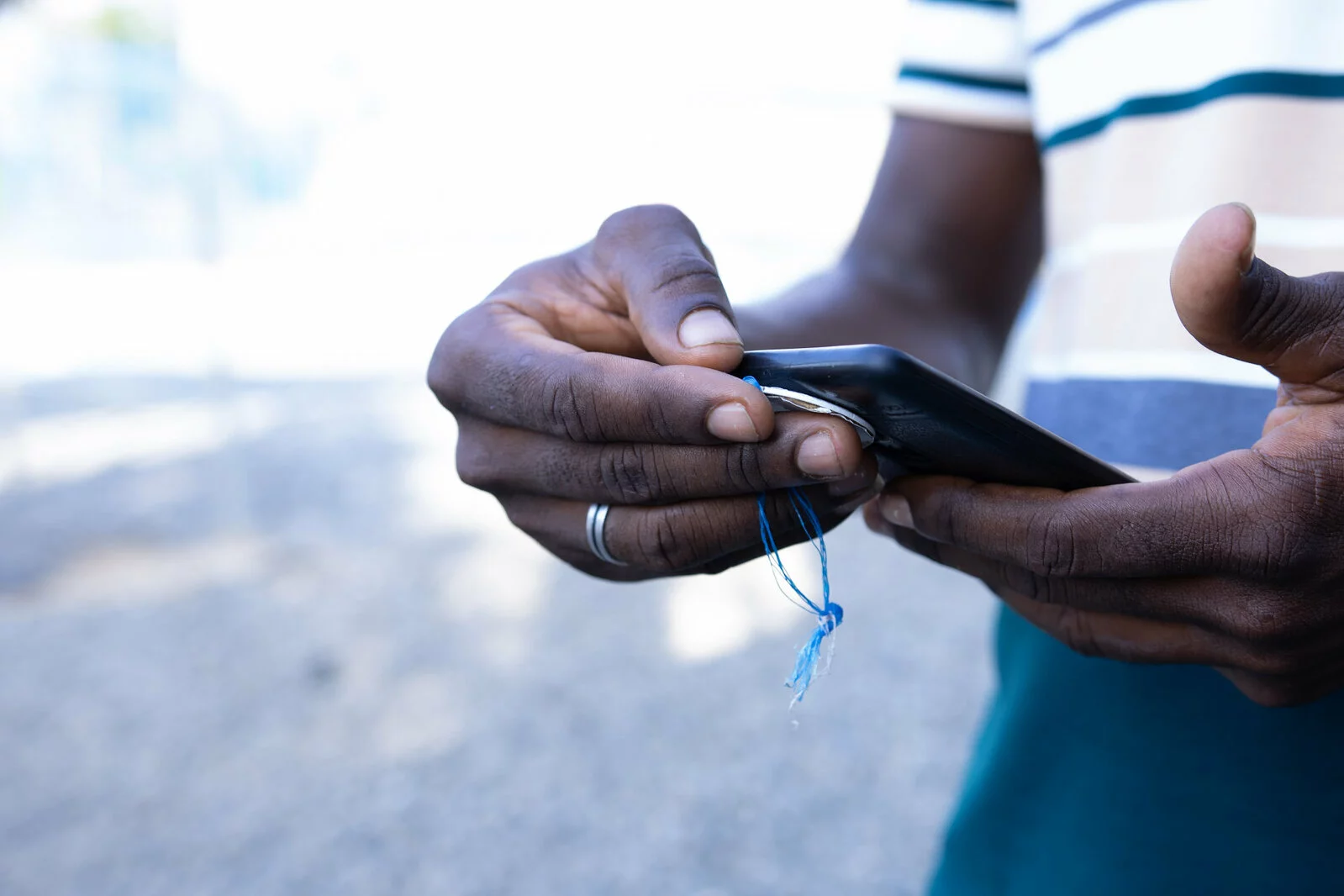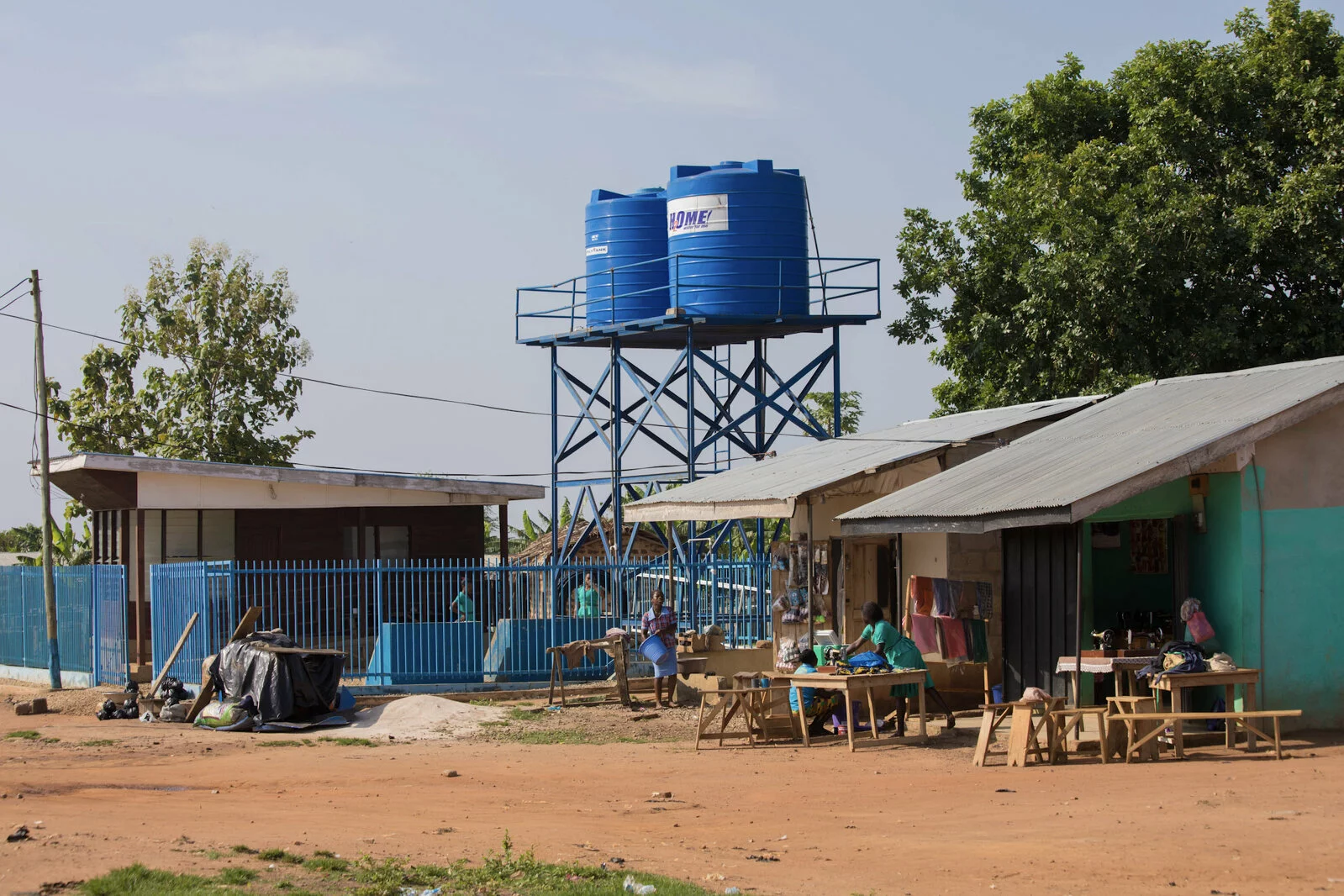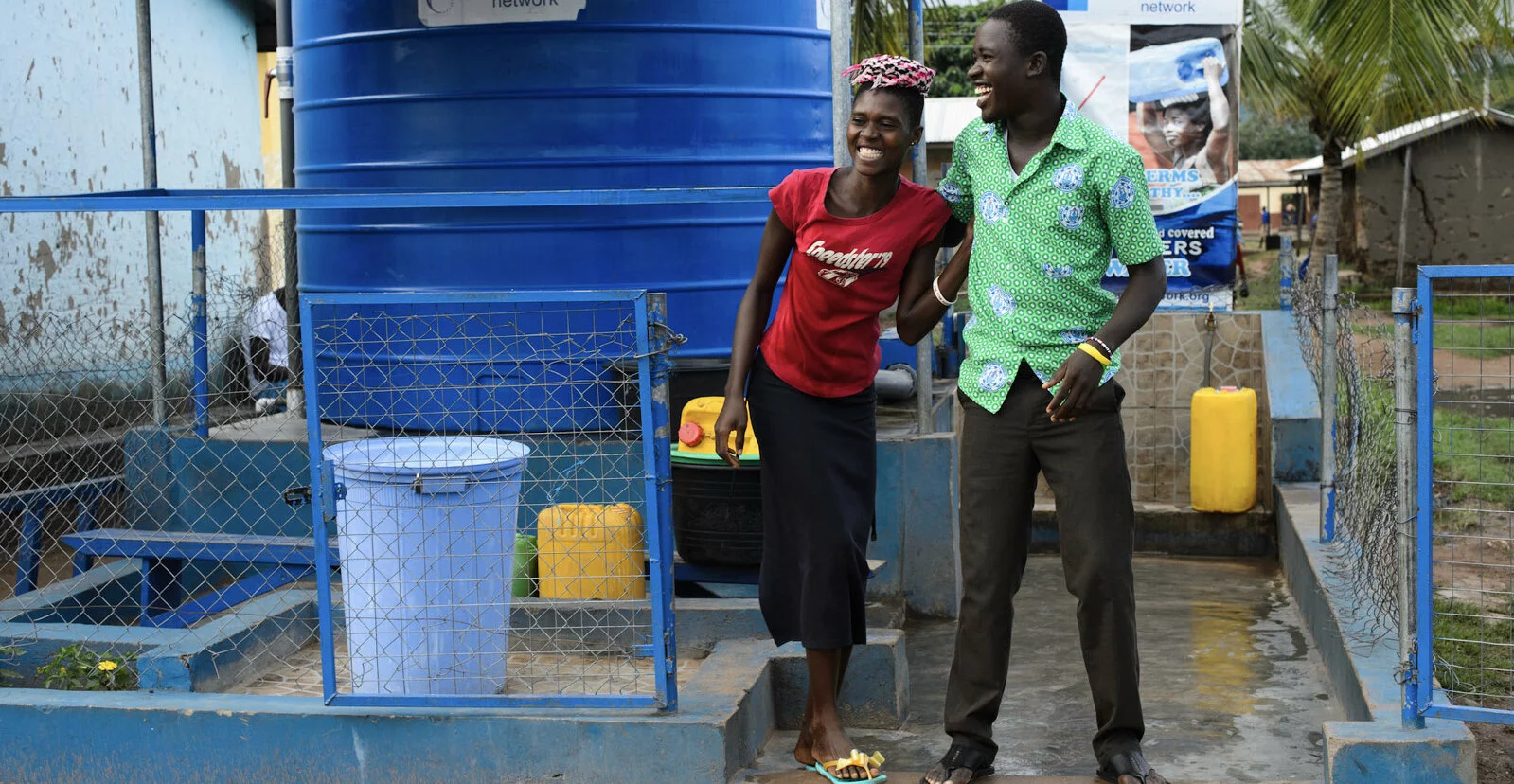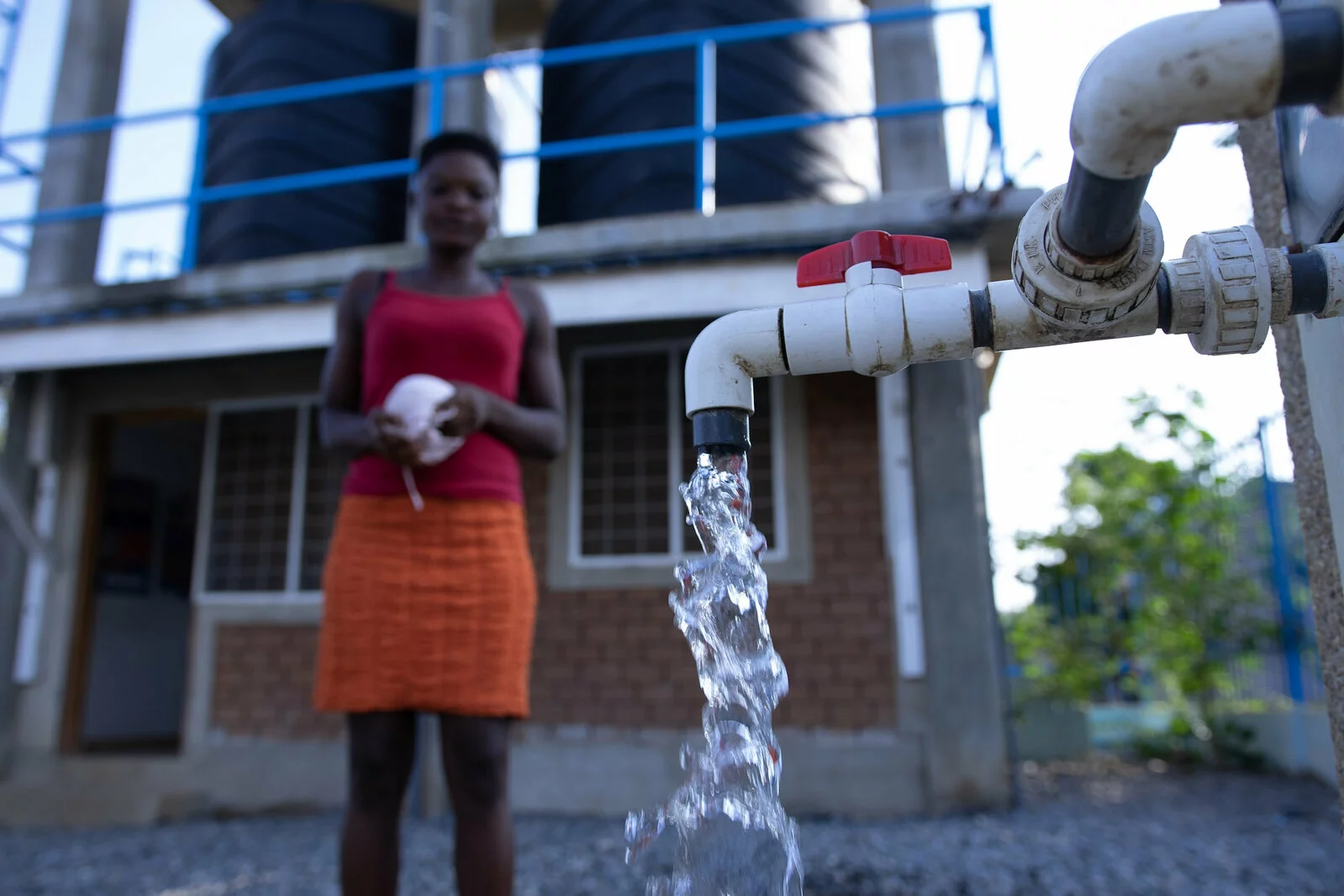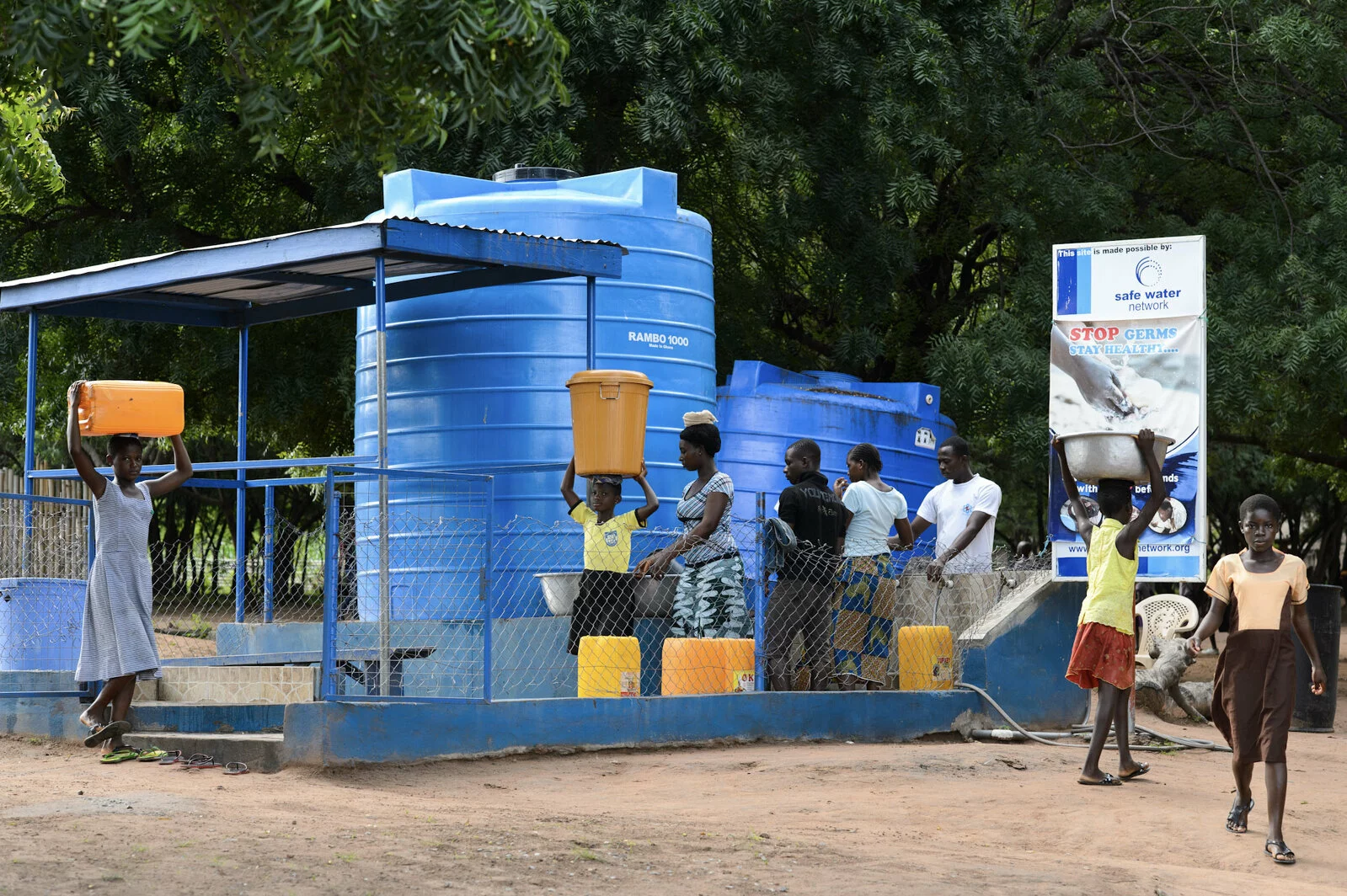Ghana Water Enterprise Trust (2016)
By: Safe Water Network
The total underserved population in Ghana lacking access to safe water is estimated at 10 million people, 1.3 million of which we project can be served by small water enterprises. To meet this need significant capital will be required, as will oversight mechanisms to ensure financial and operational sustainability, good governance and that quality standards are met.
A Trust that serves these functions can attract capital to enable expansion of Stations to address the gap of underserved in peri-urban and small towns in Ghana (generally communities between 1,500-10,000 people), not reached by urban infrastructure (the focus of government and development agencies) or by rural handpump schemes (the focus of not-for-profits).
The Trust is being developed using a two-phased approach, initially managed internally by Safe Water Network as a proof of concept. During the initial Development Phase, Safe Water Network will seek input from current and prospective scale funders to establish clear objectives for the Trust and determine how it should be structured to meet those objectives. It is currently anticipated that the Trust will be domiciled in Ghana as an independent entity. In Phase 2, we expect the Trust will be launched.
The Trust will be developed to serve as a model for replication in other countries
